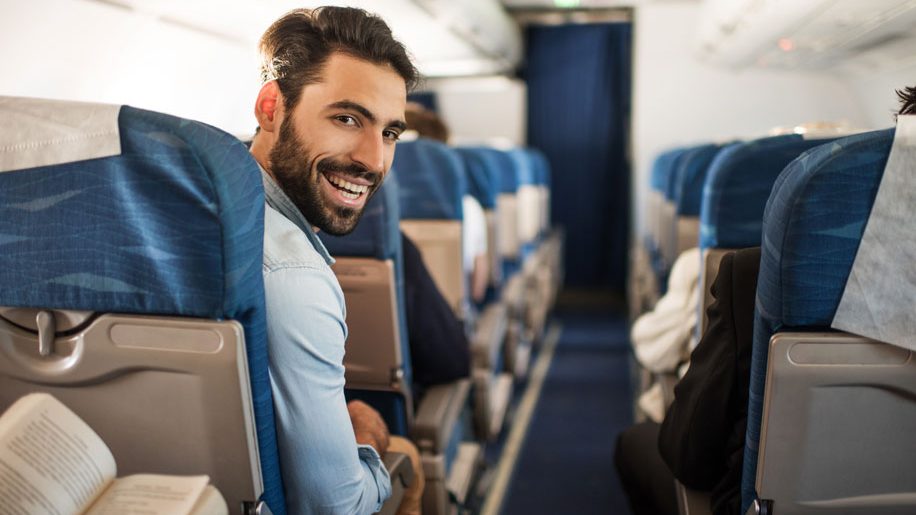
Martin has studied anger for two decades and attributes the level of someone’s outburst to how entitled they feel. While there is no single reason for the erratic behavior, Ryan Martin, a psychology professor at the University of Wisconsin-Green Bay, explained that entitlement is a common factor. Meanwhile, in January, a man on an Alaska Airlines flight pushed a crew member after being asked to wear a mask. Three weeks ago, a Southwest flight attendant lost two front teeth after a customer punched her. Recently, a New York-bound JetBlue Airways flight returned to the Dominican Republic after a passenger refused to wear a face mask, threw food and an empty alcohol bottle and physically attacked two flight attendants. With several unruly passengers turning violent, it’s no surprise that some flight attendants are worried about their safety on duty. Flight Attendants Concerned for Their Safety Unfortunately, this means cabin crews have limited resources onboard right now, so delaying alcohol service and continuing to warn passengers of the consequences for unruly behavior is essential.
#Unruly passenger full#
Not to mention, these are unprecedented times with full aircraft and scaled-back inflight service, so common tactics like moving a passenger to another seat or offering food and drinks are not always possible. So far, Southwest and American have continued the suspension of alcohol in most cabins, and United has scaled its service.Īmerican’s Managing Director of Flight Service, Brady Byrnes, said, “We also recognize that alcohol can contribute to atypical behavior from customers onboard and we owe it to our crew not to potentially exacerbate what can already be a new and stressful situation for our customers.”Īlthough flight attendants are trained in de-escalation, it can be agreed that intoxicated passengers should not be allowed on aircraft, and it can be difficult to manage the situation at 35,000 feet. Unions are asking airlines to delay the resumption of alcohol service inflight, claiming it fuels the fire of already-angry customers. The FAA responded, reminding that its “zero-tolerance” policy was still in place and explained it “will continue to work with local law enforcement and the DOJ to make it clear that unsafe and unruly behavior simply does not fly.” The DOJ has not responded.įlight Attendants Want to Delay Alcohol Services airlines, including Delta, American, United, and Southwest. Now, unions and other industry groups are calling on the FAA to defer heinous events to the DOJ for prosecution.Īirlines For America (A4A) CEO Nick Calio wrote, “We respectfully request that the FAA refer abhorrent cases to the Department of Justice (DOJ) so that the federal government may fully, swiftly and publicly prosecute criminal acts to the fullest extent of the law and deter this dangerous and concerning behavior.”Ī4A represents several U.S. The agency announced that instead of issuing warnings or counseling to unruly customers, it “will pursue legal enforcement action against any passenger who assaults, threatens, intimidates, or interferes with airline crew members.” This meant passengers could get up to $35,000 fines and jail time, but it doesn’t appear to be keeping things under control. One of the actions taken in response to the uptick in events was the FAA’s “zero-tolerance” policy, which was enacted in January. The events are daunting, and flight attendants are asking regulators to do more. Compared to 146 investigations in 2019 and 183 in 2020, the number of investigations just in the first half of 2021 is 33% higher than the two previous years combined. As of June 20, the FAA has received 3,082 disruptive passenger reports and initiated 487 event investigations, which happen when the FAA believes one or more regulation violations occurred. The FAA tracks unruly passenger reports year over year, and so far, in 2021, the numbers are disturbing.


Disruptive Behavior Reports Surpass 3,000


 0 kommentar(er)
0 kommentar(er)
